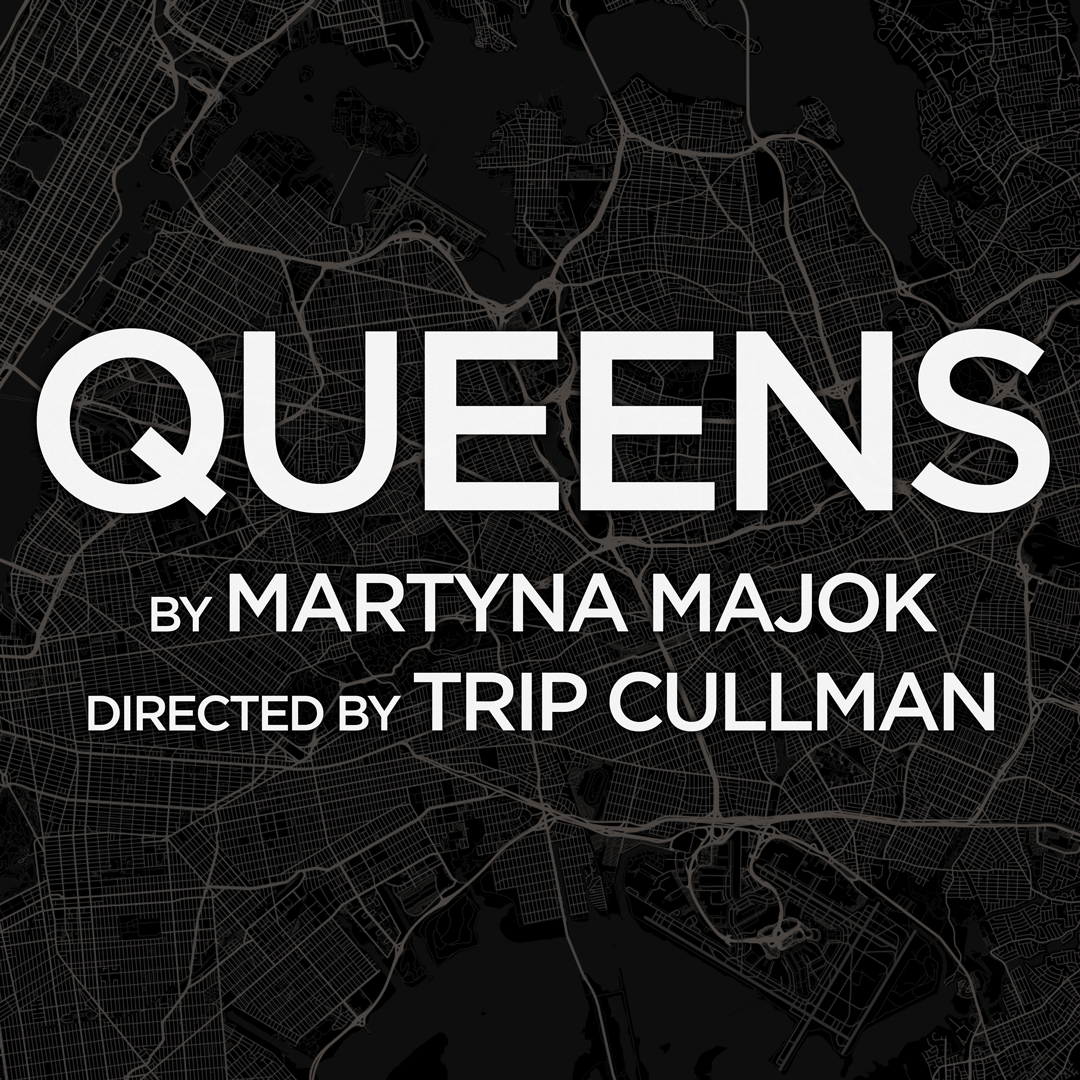1990
MTC adopts the Long Range Plan, a comprehensive statement of the theatre’s goals for the next five years, including the creation of an Artistic Reserve Fund to encourage play development, a Production Transfer Fund to help underwrite extensions of successful productions, and the expansion of the Education Program.
World Premiere of The American Plan by Richard Greenberg.
MTC joins with the Yale Repertory Company to bring the Pulitzer Prize-winning The Piano Lesson by August Wilson to Broadway.
Michael Coles becomes Chairman of the Board.
1991
A third NEA Challenge grant helps MTC establish the Artistic Reserve Fund called for in the Long Range Plan.
MTC establishes its Playwriting Fellowships, which bring two early-career playwrights to MTC for a year-long residency.
MTC receives a major multi-year grant from the Lila Wallace – Reader’s Digest Fund to support the creation of an extension fund and other audience development initiatives.
New York Premiere of Absent Friends by Alan Ayckbourn and directed by Lynne Meadow features Gillian Anderson in her professional stage debut.
World Premiere of Lips Together, Teeth Apart by Terrence McNally, with Christine Baranski, Nathan Lane, Swoosie Kurtz, and Anthony Heald begins a sold out Stage I run and moves to the Lucille Lortel Theatre.
1992
Donald Margulies’ Sight Unseen, with Laura Linney and Dennis Boutsikaris (Obie Award) transfers to an open-ended run at the Orpheum Theatre.
American Premiere of Alan Ayckbourn’s A Small Family Business, with Brian Murray. It becomes the first MTC production directly produced on Broadway.
1993
Manhattan Theatre Club receives a significant grant from the Alliance for New American Musicals (funded in part by Cameron Mackintosh, Andrew Lloyd Webber, and David Geffen), and establishes the Musical Theatre Program.
The Harold and Mimi Steinberg Charitable Trust makes the largest multi-year grant in the history of MTC, partially supporting two productions each season as well as a portion of the Education Program.
World Premiere of The Last Yankee by Arthur Miller, directed by John Tillinger, with John Heard and Frances Conroy (Obie Award).
World Premiere of John Patrick Shanley’s Four Dogs and a Bone, with Tony Roberts, Loren Dean, Mary-Louise Parker, and Polly Draper moves to the Lucille Lortel Theatre.
Lynne Meadow directs The Loman Family Picnic by Donald Margulies, with Christine Baranski and Peter Friedman.
New York Premiere of Charlayne Woodard’s Pretty Fire.
American Premiere of Putting It Together, a revue of the songs of Stephen Sondheim, brings Julie Andrews back to the New York Stage after an absence of more than 30 years.
1994
World Premiere of Terrence McNally’s Love! Valour! Compassion! with Nathan Lane moves to Broadway and wins the 1995 Tony Award for Best Play.
1995
Anne Meara’s debut play, After-Play, features Barbara Barrie and Rue McClanahan, and moves to Theatre Four for an extended run.
A.R. Gurney’s Sylvia, with Sarah Jessica Parker, moves to the John Houseman Theatre, and goes on to become the most produced play of the 1996-1997 season. To date, there have been over 100 professional productions all over the world. The play later transferred to Broadway in 2015, starring Annaleigh Ashford and Matthew Broderick.
1996
Actress and playwright Leslie Ayvazian’s powerful Nine Armenians, directed by Lynne Meadow and featuring Kathleen Chalfant, receives wide acclaim for its moving picture of an Armenian-American girl’s search for her cultural roots.
MTC co-produces the New York Premiere of August Wilson’s Seven Guitars on Broadway.
New York premiere of Athol Fugard’s Valley Song with Lisa Gay Hamilton.
1997
The MTC Education Program launches TheatreLink, a one-of-a-kind Internet program that uses a specially designed website to guide schools across the country through a playwriting/production project. The program has tripled in size since the pilot period, and now involves multiple schools from as far away as Oregon, California, and Florida.
In the first step of a major expansion, MTC moves its administrative offices and rehearsal rooms to a state-of-the-art, two floor space near Times Square. Called “The Creative Center”, this new space is envisioned as a focal point for artistic development, including readings, workshops, and rehearsals.
MTC receives a major grant from The Andrew W. Mellon Foundation to provide increased compensation to artists, which enables the theatre to raise fees by an average of 34% over two years.
MTC’s acclaimed production of Donald Margulies’ Collected Stories with Debra Messing and Maria Tucci enjoys an extended run in Stage I.
World Premiere of Psychopathia Sexualis by John Patrick Shanley with Andrew McCarthy and Edward Herrmann, directed by Daniel Sullivan.
World Premiere of Sam Shepard’s Eyes for Consuela with David Strathairn.
Seeking the Genesis by Kia Corthron, one of MTC’s first Playwriting Fellows.
1998
MTC brings music to Stage II with Manhattan Music: A Performance Festival, a series of cabaret performances by James Naughton, Mary Cleere Haran, and the a cappella group Hot Mouth.
Power Plays, by and featuring Elaine May and Alan Arkin, enjoys an extended run at the Promenade Theatre.
1999
As part of its continuing expansion, MTC secures new shop space in Queens, which gives the theatre, for the first time, adequate shop space for the construction of its sophisticated sets.
A major gift from The Rita J. and Stanley H. Kaplan Foundation endows MTC’s internship program, The Paul A. Kaplan Theatre Management Program.
MTC seeks out creative partnerships to reach new artists and new audiences, joining with Laura Pels Productions to produce a new translation of lauded French writer Jean-Claude Carriere’s La Terrasse.
MTC collaborates with the exciting new theatre company, The New Group to present the American Premiere of Ayub Khan-Din’s debut play, East is East.
MTC co-produces Conor McPherson’s Olivier-winning The Weir on Broadway.
Peter J. Solomon becomes Chairman of the Board.





